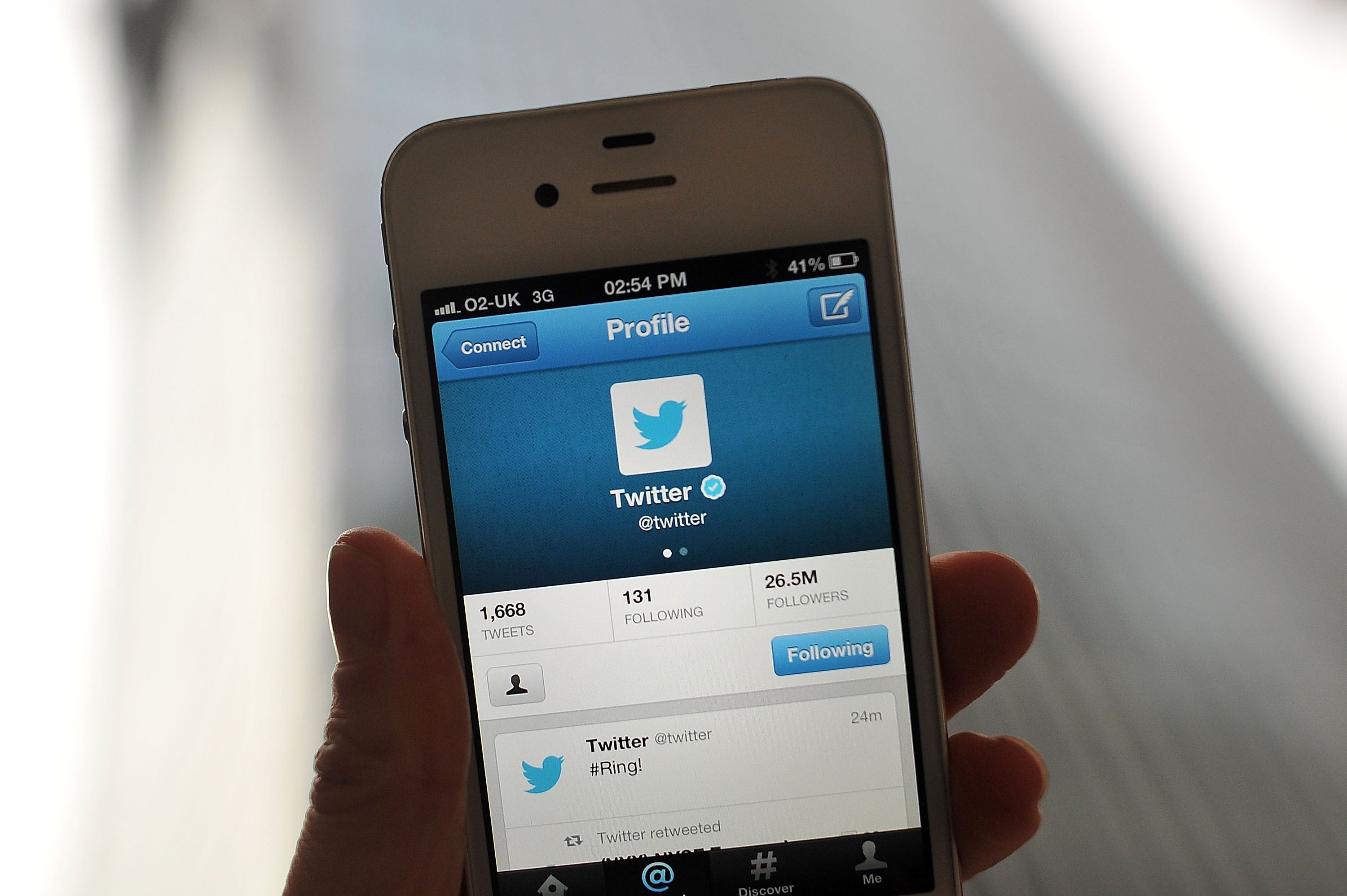Is Twitter too niche to become a success? Analysts warn of over-valuation £396m loss
Latest earning reports comes three months after a successful IPO, but doubts remain over the micro-blogs mainstream viability

Your support helps us to tell the story
From reproductive rights to climate change to Big Tech, The Independent is on the ground when the story is developing. Whether it's investigating the financials of Elon Musk's pro-Trump PAC or producing our latest documentary, 'The A Word', which shines a light on the American women fighting for reproductive rights, we know how important it is to parse out the facts from the messaging.
At such a critical moment in US history, we need reporters on the ground. Your donation allows us to keep sending journalists to speak to both sides of the story.
The Independent is trusted by Americans across the entire political spectrum. And unlike many other quality news outlets, we choose not to lock Americans out of our reporting and analysis with paywalls. We believe quality journalism should be available to everyone, paid for by those who can afford it.
Your support makes all the difference.Twitter’s blue bird came crashing down to earth as nervous investors wiped out nearly a quarter of the site’s value.
A net loss of $645m (£396m) for 2013, reported by Twitter on Wednesday night, prompted concerns that the company will struggle to make the jump from niche information service to mainstream success.
Twitter’s stock opened at just above $50 (£30) a share, a drop of more than 23 per cent, and after a brief rally it closed at about the same price. The slump shaved around $8bn off the value of the business, which was valued at $36bn after it went public last November.
Investors are increasingly concerned by a slow growth in Twitter user numbers and decreasing engagement with the service. Twitter averaged 241 million monthly users in the last quarter of the year, up just 3.8 per cent on the previous quarter. Timeline views slumped by nearly 7 per cent, suggesting users were refreshing their feeds less often.
Created in 2006, Twitter’s 140-character messages have become the medium of choice for governments, business leaders and celebrities to disseminate instant news and opinion.
Twitter’s valuation was based on the premise that it can match Facebook’s mass-market appeal and embed itself into people’s lives in the way that the social network has. But Facebook still has five times as many active monthly users.
The average monthly revenue per active user for Facebook is $8.33 (£5.11) for 2013, an increase of 11 per cent from $7.49 in 2012. Twitter only generated $3.61 (£2.21) – less than half – from each user in 2013, although this represented an increase of 53 per cent year-on-year.
Robert Peck, an analyst at the brokerage firm SunTrust Robinson Humphrey, asked: “Is your mom on Facebook? Yes. You ask that same question about Twitter, the answer is almost always no. The question is: can they ever become mainstream like Facebook is?”
Eric Sherdian, an analyst with UBS, wrote in an investor note: “A lack of mainstream adoption or a more simplified use case was a worry of ours coming out of the IPO, and seems to have come to the fore faster than we had anticipated.”
Arvind Bhatia, an analyst at Sterne, Agee & Leach, said Twitter’s first earnings report as a public company “will question how mainstream is Twitter as a platform”.
Stuart Miles, chief executive of the founder of the technology website Pocket-lint.com, said: “Apart from professionals like journalists, the typical user gets on to Twitter, messes around, doesn’t quite get it, leaves it a while and then comes back a year or two later. But that translates into very slow growth.”
Twitter executives acknowledged that the service’s design, recently overhauled, contributed to the cut in the rate of new-user growth and even prompted existing users to check their feed of messages less frequently. The service promised to make it easier for people to join and plans initiatives that will make the experience instantly rewarding for new users.
Investors want Twitter to match the trajectory of Facebook, which turned 10-years old on Tuesday. Last year, Facebook’s annual profits hit $1.5bn.
Join our commenting forum
Join thought-provoking conversations, follow other Independent readers and see their replies
Comments